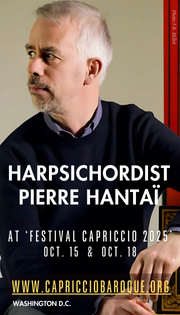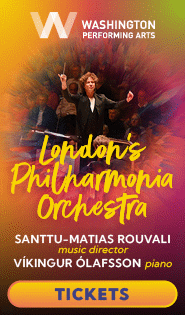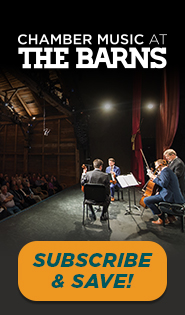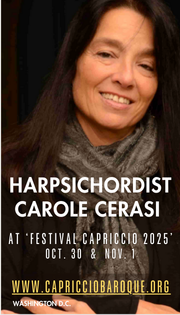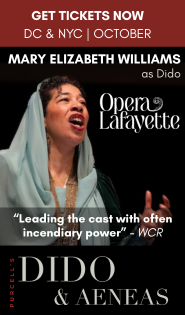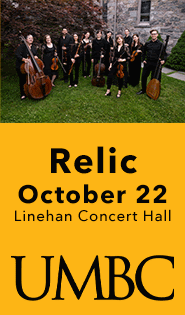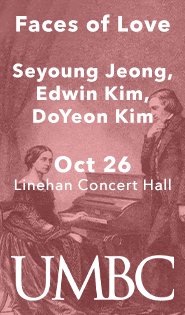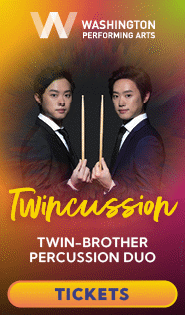National Symphony salutes American optimism for JFK Centenary

Yo-Yo Ma performed John Williams’ Cello Concerto with the National Symphony Orchestra Wednesday night. Photo: Scott Suchman
John F. Kennedy’s 100th birthday would have been next Monday. Washington’s national cultural center that bears his name, founded in 1971, has been celebrating that milestone all season long.
On Wednesday night the National Symphony Orchestra offered its official centennial concert, in collaboration with cellist Yo-Yo Ma, whom the Kennedy Center appointed as an artistic advisor at large last year. The former president’s daughter, Caroline, and other members of the Kennedy Family were in attendance.
The program was all-American, with some obvious connections to President Kennedy and others less obvious. It opened conventionally with Aaron Copland’s Fanfare for the Common Man, a work composed during World War II, when young Jack Kennedy was piloting patrol boats for the U.S. Navy. The NSO brass and percussion distinguished themselves with a solid performance, with a few insecurities in the trumpets. This famous music, part of a series of pieces commissioned to honor the American military branches, set a hopeful tone.
Joshua Weilerstein, now artistic director of the Orchestre de Chambre de Lausanne, handled the guest conducting duties capably. He has impeccably clear gestures at the podium, but much of the interpretation and the resulting sound was bland and occasionally unbalanced. His best work came in a long-overdue first performance of William Grant Still’s Poem for Orchestra, also composed during the darkest days of World War II and thus a nice companion piece to the Copland.
The harmonic content in the piece often feels like a mix of Puccini and Gershwin, and its soaring violin melodies and high sugar content most recalled Rachmaninoff. Weilerstein and the NSO musicians gave this unapologetically engaging music a pleasing sheen, communicating the emotional arc from anxiety to hope. The ending, on a spicy, jazz-infused chord, shimmered with typically American optimism.
The NSO turned once again to Mason Bates to commission a new work to mark the JFK centenary. The American composer turned out Passage, an extended orchestral song that was a jumble of ideas, none of them much of a departure from his earlier work. To be fair, most pieces of this type, for commemorative occasions, are heard once and rarely repeated.
The music was mostly prosaic, though, adding little to the gush of Whitman’s ecstatic words about human progress. The concept was to include some recorded snippets of President Kennedy’s words, mostly drawn from the “Moonshot” speech. Bates did not weave these excerpts into the texture in a meaningful way, mostly just pausing the music and sometimes adding an embarrassing echo effect at the end of a line (“space, space, space…”).
Mezzo-soprano Sasha Cooke sang the words from Walt Whitman’s long poem Passage to India. Her warm, luscious middle register was occasionally covered by the orchestration, in spite of amplification that became part of the electronic mix. The speakers made some of the strain in the higher writing Bates called for even more apparent, but Cooke’s voice was poised and serene throughout.
Most of the capacity audience was likely drawn by the promise of hearing Yo-Yo Ma, but his choice of work, the Cello Concerto written for him by film composer John Williams, was a disappointment. Ma shone in the soft cadenza section and the slow “Blues” movement, always able to hold a listener rapt with the silken tone on his A string. The NSO musicians distinguished themselves on many lovely solo parts, including for horn, flute, harp, and timpani. The conclusion of the “Song” finale, despite their best collective efforts, did not make for much of a climax.
A far stronger ending was provided by Leonard Bernstein’s Three Dance Episodes from On the Town. Composed in 1944, this ebullient music brought us back full circle to the enthusiasm of wartime America. The trumpets blared brightly in the shifting meters of the first episode, adroitly navigated by Weilerstein’s dancing movements. The crooning wah-wah solos from alto saxophone, trumpet, and trombone were highlights of the evening.
JFK Centennial events continue at the Kennedy Center through Memorial Day. kennedy-center.org; 202-467-4600.
